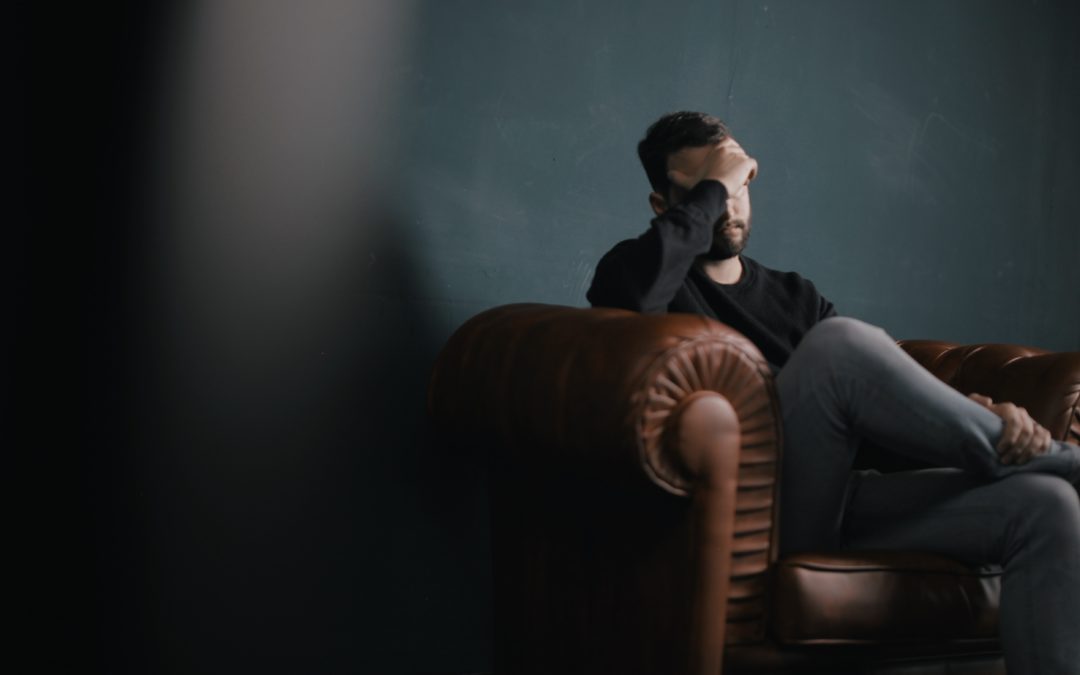Author: Lee Formella
“Pain nourishes your courage, you have to fail in order to practice being brave” – Mary Tyler Moore
If you were raised anything like me, you were told to be strong, be a man, be tough, do everything yourself, provide for those around you and definitely, no matter the extremity of the circumstances, do not be a burden to those around you. I am not sure if I was taught not to ask for help or if that is how I interpreted this message; though it really does not matter. I never learned how, when, or if it was even okay to ask for help.
What made it worse is that my Dad and my little brother are seemingly the best at being okay, being providers, and not needing much help (though I am hoping this message reached them as well ;). Honestly, in retrospect this made me feel even worse about myself. I was extremely self-demeaning and frankly, distraught at being the oldest, yet least capable child of four.
I tortured myself with thoughts that I wasn’t married, didn’t have kids, and couldn’t take care of myself. It was a constant pipe dream to think I had time for, or could provide anything monetarily or emotionally for my younger siblings, parents and friends. The idea of asking for help was unbearable and I didn’t know why I wasn’t able to do these things.
Finally, I asked for help. Not all at once and not very well at first. Importantly, I was honest about my daily misery, dangerous levels of impulsive behavior and consistent suicidal thoughts with my primary care doctor and he referred me to a psychiatric APNP (my angel). I received my diagnosis, started taking medication and started to improve a little. It wasn’t until I learned how to admit my faults and how to be truly vulnerable that things changed for good and in ways I only fleetingly imagined before.
I believe it’s important to note how often I ask my girlfriend and younger sister for their help and perspective; often multiple times a day, bless their hearts. Essentially, I have a lot of women in my life that I trust and rely upon; it doesn’t make me less manly in their eyes in any way. Last December I admitted I needed even more help and stopped at nothing to find a bipolar specific therapist and I credit her with helping me achieve comfort and confidence in my progress.
In order to get better, I dove head first into the uncomfortable reality that is life. If I found something I was doing wrong, I tried to ask others what I could do instead. If I get to the point where I can’t navigate life, I become extremely anxious, hypomanic or depressed, I find someone to talk to or take a break. I try listening more, learning more and doing everything possible to ignore that negative inner voice and admit when my brain is in charge and need help.
The results are absolutely phenomenal and speak for themselves. I’ve never been closer with my family, never been in better shape, and have never before been confident in myself, let alone enough (hopefully for good reason!) to share my feelings in public. A great benefit is the ability to recognize fear and anxiety in others and can be there for them instead of being consumed by my own inner battles.
I am in no way trying to tell you that you are not enough on your own. You have made it this far, that is enough to celebrate in and of itself. I am here to tell you that with the help of other people that you trust, you can be more than enough and so much more than you ever imagined. I’m asking you to give it a chance. For me, I found I had nothing to lose at the beginning. Now I know that I actually had everything to gain.
I find parallels in the quote above to this discussion. I do not blame myself for the 15 years of essentially failing myself. I drank to blackout most nights and fought daily suicidal ideations just to survive until that point; I did what I had to. I have to then give myself praise for the bravery and vulnerability that has gotten me here.
Asking for help, crying or admitting weakness as a man doesn’t make you weak, soft, incapable, unbearable, less than, or any negative stereotype you grew up believing to be true.
While at first leaving you exposed, it eventually makes you stronger, capable, available, a better provider, more vulnerable but more confident and comfortable with yourself, all while deepening your relationships with the people you love. In my mind it is the ultimate show of courage, it is beyond difficult, seemingly impossible to face every single one of your fears, faults and shortcomings. Once you do, you become free and that allows you to be everything you ever wanted.
The content of the International Bipolar Foundation blogs is for informational purposes only. The content is not intended to be a substitute for professional medical advice, diagnosis, or treatment. Always seek the advice of your physician and never disregard professional medical advice because of something you have read in any IBPF content.


